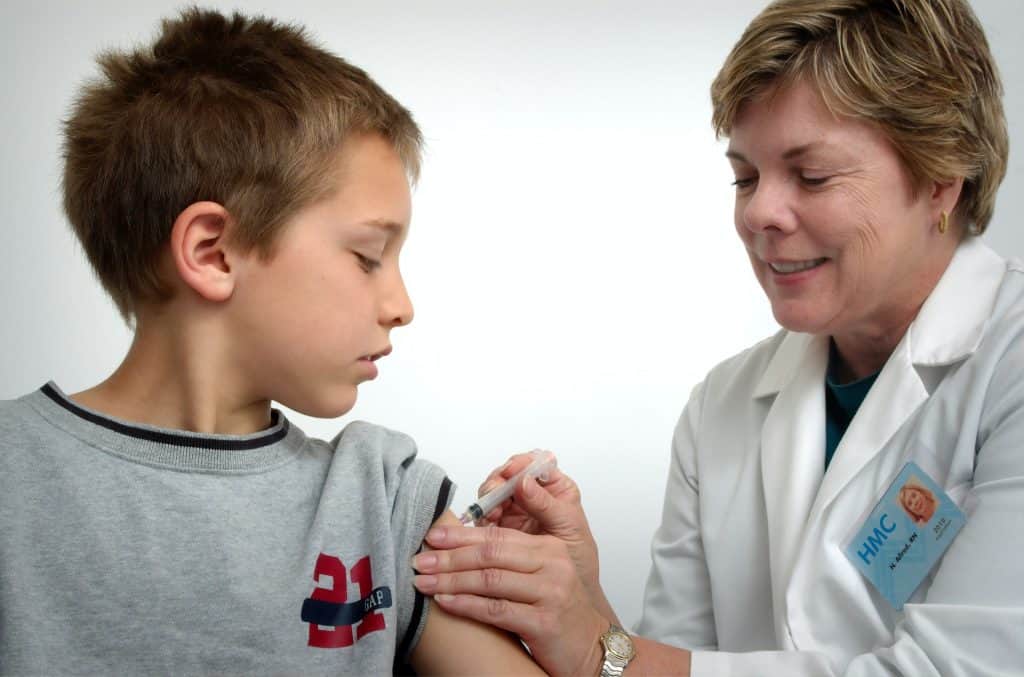
The prospect of COVID-19 vaccine requirements for 5 to 11 year olds has become the latest frontier in the vaccine mandate debate, particularly since FDA gave the Pfizer-BioNTech Emergency Use Authorization (EUA) for young children this age at the end of October. Because children face an exceedingly low risk of death or severe disease from a COVID-19 infection, such mandates are plainly, if not explicitly, about protecting adults. These mandates thus raise questions about whether it is legal and ethical to predicate children’s access to education and ability to participate in recreational activities on receipt of a vaccine that has not been subject to long-term trials and has been approved only for Emergency Use.
As my colleagues and I argued in Zywicki v. Washington, Norris v. Stanley, and Rodden v. Fauci, mandates for employees implicate similar concepts when the individual in question has naturally acquired immunity to COVID-19, again because they present no greater risk either to themselves or others beyond those with vaccine induced immunity. The legal and ethical dilemmas surrounding vaccine mandates are yet more stark when it comes to this younger age group, as I discussed more extensively in a recently published oped in the Wall Street Journal.
Incidentally, the topic was recently addressed in a memorial speech on the Senate floor, in which Representative Jerry Moran from Kansas questioned CDC Director Rochelle Walensky about mandates for this age group. Walensky claimed that there would be no federal mandates for children, but expressed no concern about COVID-19 vaccine requirements implemented by state and local governments. The exchange aired on C-SPAN, and my WSJ oped was mentioned by the C-SPAN anchor as raising concerns about legality.
Although Walensky, Fauci, and Biden have encouraged indiscriminate vaccination of children, even FDA Advisory Doctors have been reluctant to adopt this message, noting that we do not have information about “what the side effects are going to be” and it’s “not even clear that this vaccine will reduce rates of transmission.” Notably, there have been no studies conducted on the safety of vaccinating the 38 percent of children who have recovered from COVID-19. Since those with naturally acquired immunity only become reinfected on extremely rare occasions, there is no reason whatsoever to vaccinate these children. At the very least, the risk of adverse effects, coupled with the lack of benefit, requires that such decisions should be made by parents, not governments.
